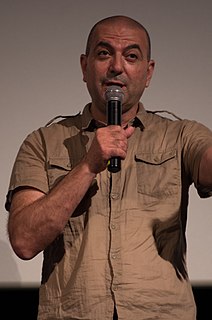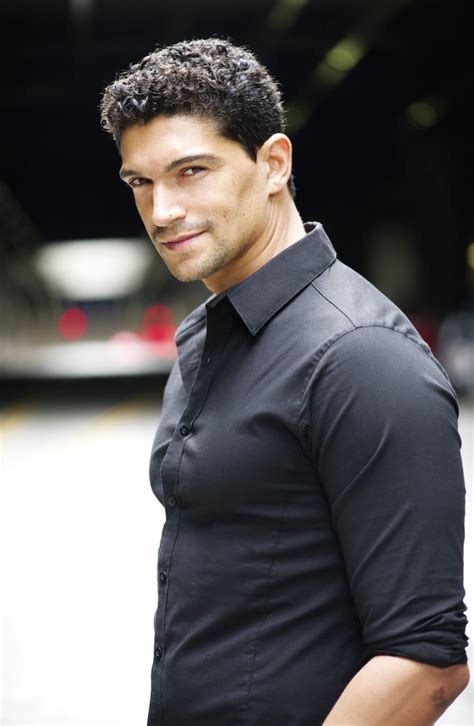A Quote by John Layfield
I do a mind game every day. I play chess, sudoku. I learn something different: a language, a few words of a different language.
Related Quotes
Therefore, the two processes, that of science and that of art, are not very different. Both science and art form in the course of the centuries a human language by which we can speak about the more remote parts of reality, and the coherent sets of concepts as well as the different styles of art are different words or groups of words in this language.
There is something false in this search for a purely feminine writing style. Language, such as it is, is inherited from a masculine society, and it contains many male prejudices. We must rid language of all that. Still, a language is not something created artificially; the proletariat can't use a different language from the bourgeoisie, even if they use it differently, even if from time to time they invent something, technical words or even a kind of worker's slang, which can be very beautiful and very rich. Women can do that as well, enrich their language, clean it up.
Politics is different than movies. Politics are controlled by leaders. Leaders of every country have different interests. And they try to explain to their people why they should take one side or the other side. But in the movie its doing the opposite. It allows you to have a Universal Experience. You don't watch it as politics but as a movie. You don't have different reactions all over. It's so universal a language. It's not a political language serving a political agenda. The language of cinema is a world language. With the Hollywood movie, it brings about the same reaction wherever it goes.
A ruler must learn to persuade and not to compel... he must lay the best coffee hearth to attract the finest men... a good ruler has to learn his world's language... it's different for every world... the language of the rocks and growing things... the language you don't hear just with your ears... the Mystery of Life... not a problem to solve, but a reality to experience... Understanding must move with the flow of the process.
It has not been definitively proved that the language of words is the best possible language. And it seems that on the stage, which is above all a space to fill and a place where something happens, the language of words may have to give way before a language of signs whose objective aspect is the one that has the most immediate impact upon us.
We believe we can also show that words do not have exactly the same psychic "weight" depending on whether they belong to the language of reverie or to the language of daylight life-to rested language or language under surveillance-to the language of natural poetry or to the language hammered out by authoritarian prosodies.


































